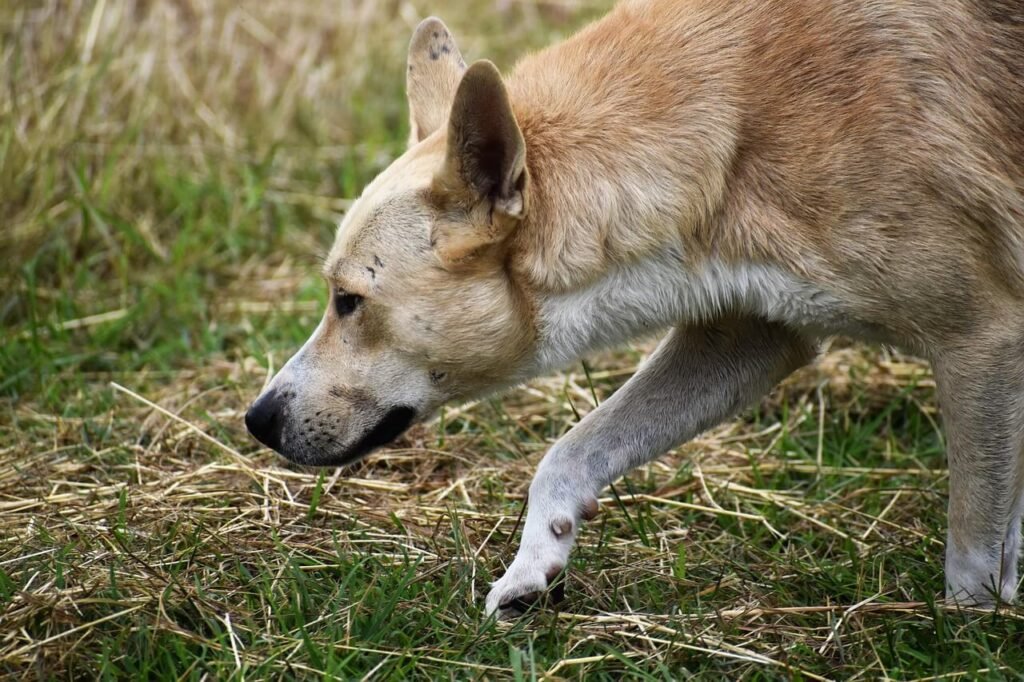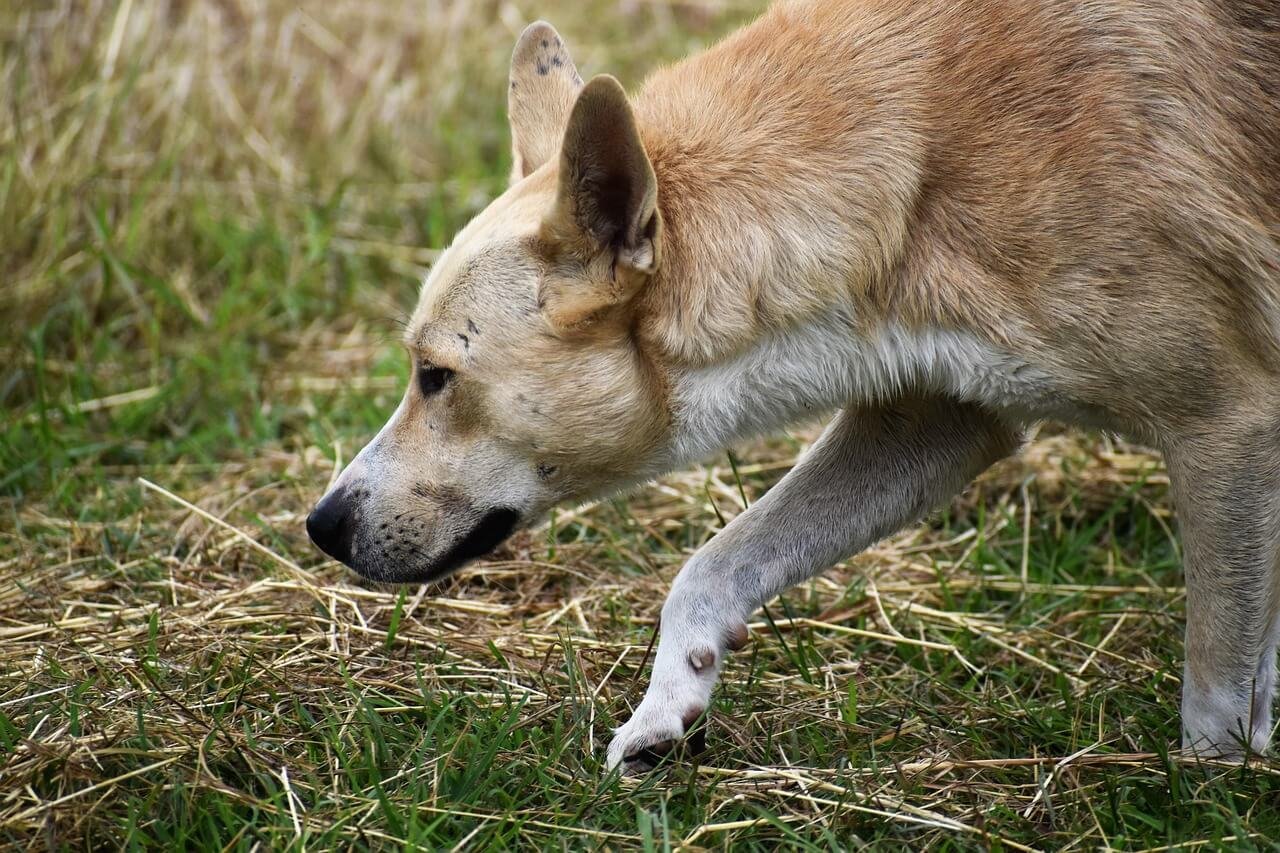Can My Dog Eat Beans? A Guide for Pet Owners
As a dog owner, you’ve probably found yourself wondering at some point, “Can my dog eat beans?” It’s a common question, especially when you’re enjoying a hearty meal and your furry friend is giving you those irresistible puppy eyes. Beans are a staple in many human diets, known for their nutritional benefits and versatility.
But when it comes to our canine companions, the rules can be different. Dogs have unique dietary needs, and while some foods are perfectly safe for them, others can pose risks. In this blog post, we’ll explore whether beans are a safe treat for your pup, which types of beans are best, and what precautions you should take. By the end, you’ll have all the information you need to make an informed decision about sharing beans with your four-legged friend.
Types of Beans That Are Safe for Dogs
When it comes to feeding beans to your dog, not all varieties are created equal. Some beans are safe and even beneficial, while others can cause digestive upset or other issues. Here’s a breakdown of the most common types of beans and their safety for dogs:
Green Beans :
Green beans are one of the safest and most nutritious options for dogs. They are low in calories and high in fiber, making them an excellent snack for weight management.Lima Beans :
Lima beans are another safe choice, provided they are cooked thoroughly and served plain. They are rich in protein and essential nutrients like magnesium and iron.Black Beans :
Black beans are packed with antioxidants and protein. However, they should always be served plain and in moderation to avoid digestive issues.Kidney Beans :
Kidney beans can be safe for dogs if they are cooked properly. Raw kidney beans contain toxins that can be harmful, so cooking them thoroughly is essential.Chickpeas :
Chickpeas, also known as garbanzo beans, are a great source of plant-based protein. They are safe for dogs but should be served plain and in small amounts.
In conclusion, while many types of beans are safe for dogs, preparation and portion control are key. Always introduce new foods gradually and monitor your dog for any adverse reactions.
Health Benefits of Beans for Dogs
Beans aren’t just a tasty addition to your dog’s diet—they can also offer several health benefits. When fed in moderation, beans can contribute to your dog’s overall well-being. Here’s how:
High in Fiber :
Beans are an excellent source of dietary fiber, which can aid in digestion and help regulate bowel movements.Rich in Protein :
Protein is essential for muscle development and overall energy. Beans provide a plant-based protein option for dogs.Low in Fat :
Unlike many protein sources, beans are naturally low in fat, making them a healthy choice for dogs prone to weight gain.Packed with Vitamins and Minerals :
Beans contain essential nutrients like iron, magnesium, and potassium, which support immune function and bone health.Supports Heart Health :
The fiber, potassium, and antioxidants in beans can contribute to better cardiovascular health in dogs.
While beans can be a healthy addition to your dog’s diet, it’s important to remember that they should complement—not replace—your dog’s regular meals. Always consult your veterinarian before making significant changes to your pet’s diet.
Check this guide 👉Can My Dog Eat Zucchini? Best 7 Health Tips!
Check this guide 👉Can Dogs Eat Dates? Best 7 Health Tips!
Check this guide 👉Can Dogs Eat Pizza? Best 7 Health Tips!

Safe Beans for Dogs | Benefits |
|---|---|
Green Beans | Low-calorie, high-fiber snack |
Lima Beans | Rich in protein and essential minerals |
Black Beans | High in antioxidants and protein |
Kidney Beans | Good source of fiber and nutrients |
Chickpeas | Plant-based protein and fiber |
Potential Risks of Feeding Beans to Dogs
While beans can be a healthy treat, there are some potential risks to be aware of. Understanding these risks will help you feed beans to your dog safely and responsibly. Here’s what you need to know:
Gas and Bloating :
Beans are notorious for causing gas in humans, and the same can happen to dogs. Excessive gas can lead to discomfort and bloating.Digestive Upset :
Some dogs may experience diarrhea or vomiting if they consume too many beans or if the beans are seasoned with spices or oils.Toxicity in Raw Beans :
Certain raw beans, like kidney beans, contain toxins that can be harmful if not cooked properly.Allergic Reactions :
Although rare, some dogs may have an allergic reaction to beans. Symptoms can include itching, swelling, or difficulty breathing.Weight Gain :
While beans are generally low in fat, they still contain calories. Overfeeding beans can contribute to weight gain, especially in small breeds.
By being mindful of these risks, you can ensure that your dog enjoys beans safely without any adverse effects.
How to Prepare Beans for Your Dog
Proper preparation is crucial when feeding beans to your dog. Here are some tips to ensure that the beans you serve are safe and nutritious:
Cook Thoroughly :
Always cook beans thoroughly to remove any potential toxins and make them easier to digest.Avoid Seasonings :
Do not add salt, spices, or oils to the beans, as these can irritate your dog’s stomach or be toxic.Serve Plain :
Plain beans are the safest option. Avoid canned beans, which often contain added sodium or preservatives.Start Small :
Introduce beans in small amounts to see how your dog reacts. Gradual introduction helps prevent digestive upset.Mix with Regular Food :
Beans can be mixed with your dog’s regular food to add variety and nutrition without overwhelming their system.
By following these guidelines, you can ensure that your dog enjoys beans as a healthy and safe treat.
Signs Your Dog May Not Tolerate Beans
While beans are generally safe for most dogs, some may have difficulty digesting them or experience adverse reactions. If you’re introducing beans to your dog’s diet, it’s important to watch for signs that they may not tolerate them well. Here are some common indicators:
Excessive Gas :
If your dog seems unusually gassy after eating beans, it could be a sign that their digestive system is struggling to process them.Diarrhea or Vomiting :
Loose stools or vomiting can occur if your dog eats too many beans or if the beans are seasoned with spices or oils.Lethargy :
A sudden lack of energy or enthusiasm could indicate that your dog is feeling unwell after consuming beans.Loss of Appetite :
If your dog refuses to eat after trying beans, it might mean they don’t agree with their stomach.Abdominal Pain :
Whining, pacing, or unusual behavior after eating beans could suggest abdominal discomfort or bloating.
If you notice any of these signs, it’s best to stop feeding beans and consult your veterinarian to rule out any underlying issues.
Alternatives to Beans for Dogs
If your dog doesn’t tolerate beans well or you’re looking for other healthy snacks to mix up their diet, there are plenty of alternatives to consider. These options provide similar nutritional benefits without the potential digestive concerns. Here are some great choices:
Carrots :
Carrots are low in calories and high in fiber, making them an excellent crunchy snack for dogs.Sweet Potatoes :
Sweet potatoes are rich in vitamins A, C, and B6, and can be served cooked and plain.Blueberries :
Blueberries are packed with antioxidants and make a delicious, bite-sized treat.Pumpkin :
Plain, canned pumpkin (not pumpkin pie filling) is great for digestion and can help with both diarrhea and constipation.Apples :
Apples are a sweet, crunchy snack that’s high in fiber and vitamin C, but remember to remove the seeds and core.
These alternatives offer variety and nutrition while being gentle on your dog’s stomach. Always introduce new foods gradually to monitor your dog’s reaction.
Tips for Portion Control When Feeding Beans
Even though beans are nutritious, portion control is essential to prevent overfeeding and ensure your dog stays healthy. Feeding too many beans can lead to weight gain or digestive issues. Here are some tips to help you manage portion sizes effectively:
Start with Small Amounts :
Begin with a teaspoon or two of beans mixed into your dog’s regular food to see how they react.Adjust Based on Size :
Larger breeds can handle slightly bigger portions, while smaller dogs should only receive a minimal amount.Limit Frequency :
Beans should be an occasional treat rather than a daily addition to your dog’s diet.Balance with Other Foods :
Ensure that beans don’t replace essential nutrients from your dog’s regular meals by keeping them as a supplement.Monitor Weight Changes :
Keep an eye on your dog’s weight and adjust portion sizes if you notice any unwanted changes.
By practicing portion control, you can enjoy the benefits of feeding beans without risking your dog’s health. Remember, moderation is key!
Frequently Asked Questions About Feeding Beans to Dogs
Can dogs eat canned beans?
It’s best to avoid canned beans, as they often contain added sodium or preservatives that can be harmful to dogs.
How much beans can I feed my dog?
Beans should only make up a small portion of your dog’s diet. A few tablespoons mixed with their regular food is sufficient.
Are baked beans safe for dogs?
No, baked beans typically contain sugar, spices, and sauces that can upset your dog’s stomach.
Can puppies eat beans?
Puppies have sensitive digestive systems, so it’s best to consult your vet before introducing beans into their diet.
What should I do if my dog eats too many beans?
Watch for signs of digestive upset, such as gas, bloating, or diarrhea. If symptoms persist, contact your veterinarian.
Final Thoughts on Feeding Beans to Your Dog
Feeding beans to your dog can be a healthy and enjoyable way to supplement their diet, provided you do so responsibly. From green beans to chickpeas, there are plenty of safe options that offer nutritional benefits. However, it’s important to prepare beans properly, avoid seasoning, and serve them in moderation. Always monitor your dog for any adverse reactions and consult your veterinarian if you’re unsure about introducing new foods. By keeping these tips in mind, you can ensure that your furry friend stays happy, healthy, and satisfied. So the next time you’re enjoying a bean-based dish, feel free to share a small, plain portion with your pup—just don’t overdo it!
Do Cats Have Taste Buds? Best 7 Expert Tips! – Discover how cats experience flavors and why their taste is so unique.
Do Dogs Have Taste Buds? Best 7 Expert Tips! – Discover how dogs experience taste, their preferences, and what it means for their diet and health.
Can Cats Taste Sweet? Best 7 Expert Tips! – Discover why cats can’t taste sweetness, how it affects their diet, and tips to keep them healthy and happy.
Can Dogs Taste Sweet? Best 7 Expert Tips! – Discover how dogs perceive sweetness, which foods are safe, and tips to manage their sweet cravings responsibly.





